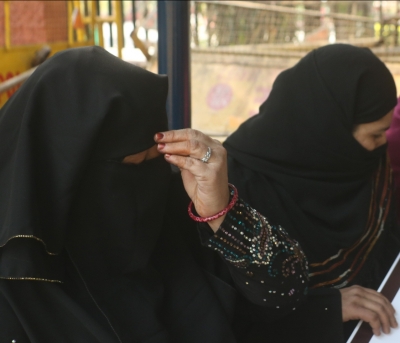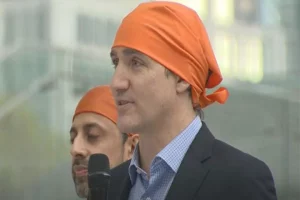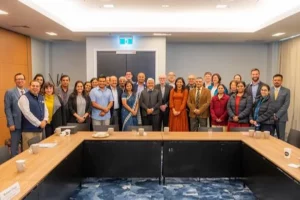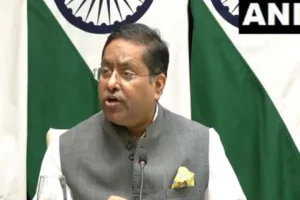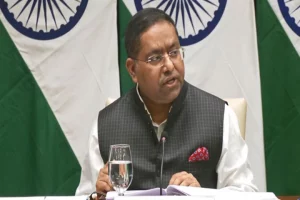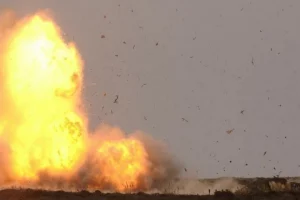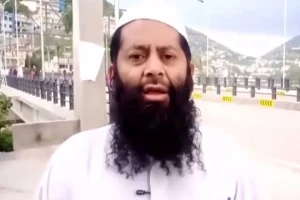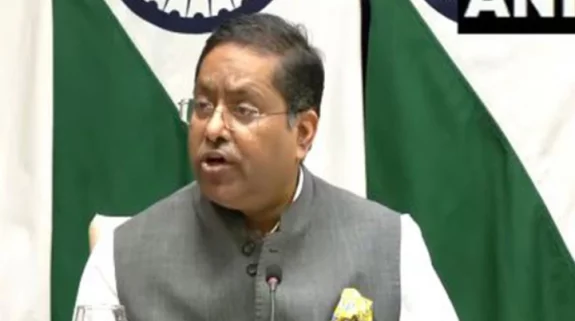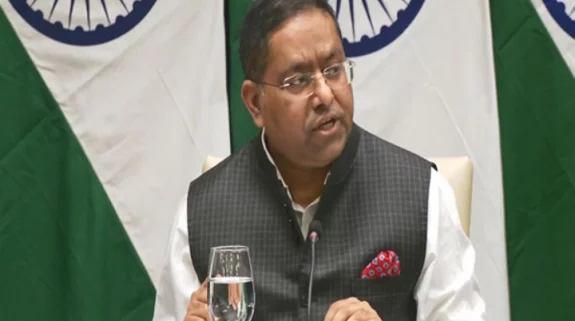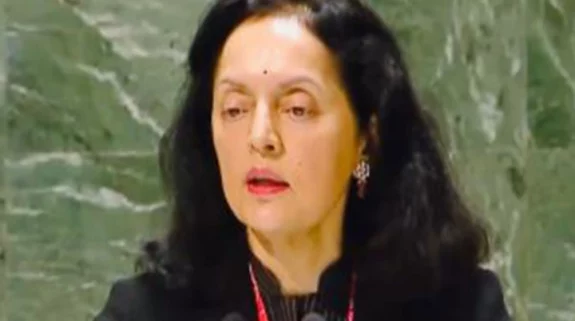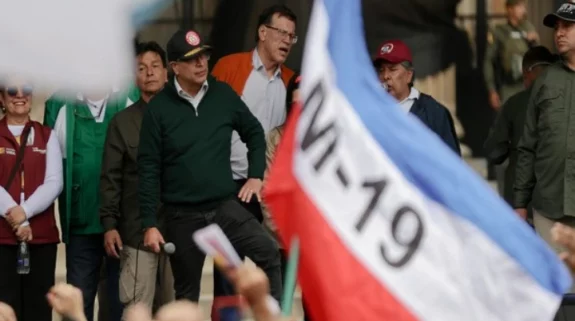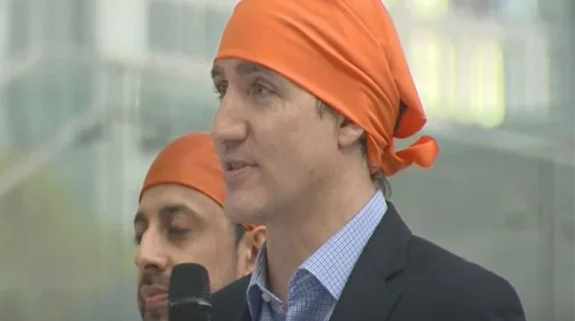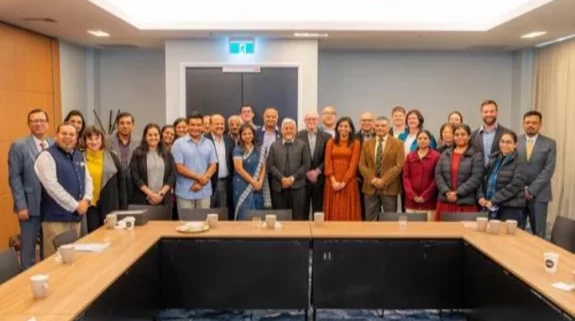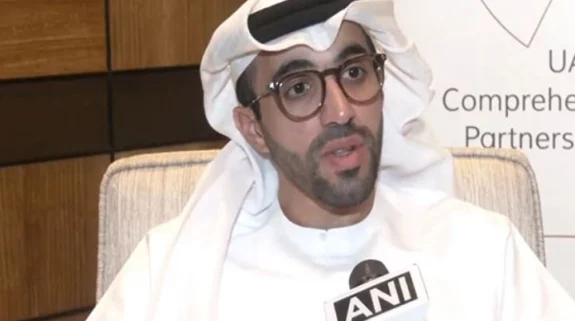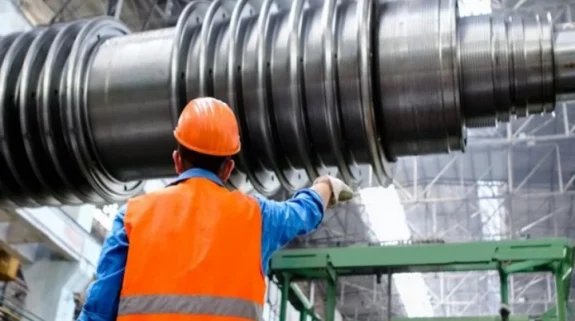Sri Lanka will ban the wearing of the burqa and shut more than a thousand Islamic schools, a government minister said on Saturday. .
Minister for Public Security of Sri Lanka, Sarath Weerasekera told Sri Lankan media that he had signed a paper on Friday for cabinet approval to ban the full face covering worn by some Muslim women on “national security” grounds.
Weerasekera told Parliament on Friday that action would be taken to ban madrasas and burqas as a measure to prevent the recurrence of Islamic extremist activities in the country.
Citing the various reports by the intelligence agencies, minister said that a female wing of banned National Thowheed Jamaath (NTJ) terror group has taken an oath to carry out suicide attacks. Sri Lanka says this group was responsible for country's worst terror attack on Easter Sunday in 2019 in which over 250 people were killed.
“The burqa affects national security,” said the minister adding the burqa is a symbol of extremism which entered Sri Lanka not long ago.
Steps will also be taken to ban all the unregistered madrasa schools in Sri Lanka which are not in accordance to the national education policy framework, he added.
Weerasekera said the government plans to ban more than a thousand madrasas that he said were flouting national education policy.
"Nobody can open a school and teach whatever you want to the children," he told the media, “Minister Weerasekara said: “No one can arbitrarily open a school and teach the students whatever they want. All children aged from 5 –16 years must study under a national education policy. We will take measures to ban more than 1,000 madrasas which have not been registered under a national education framework.”
The wearing of the burqa in the majority-Buddhist nation was temporarily banned in 2019 after the bombing of churches and hotels by Islamic militants that killed more than 250.
The government's moves on burqas and schools follow an order last year mandating the cremation of Covid-19 victims – against the wishes of Muslims, who bury their dead.
This ban was lifted earlier this year after criticism from the United States and international rights groups.






